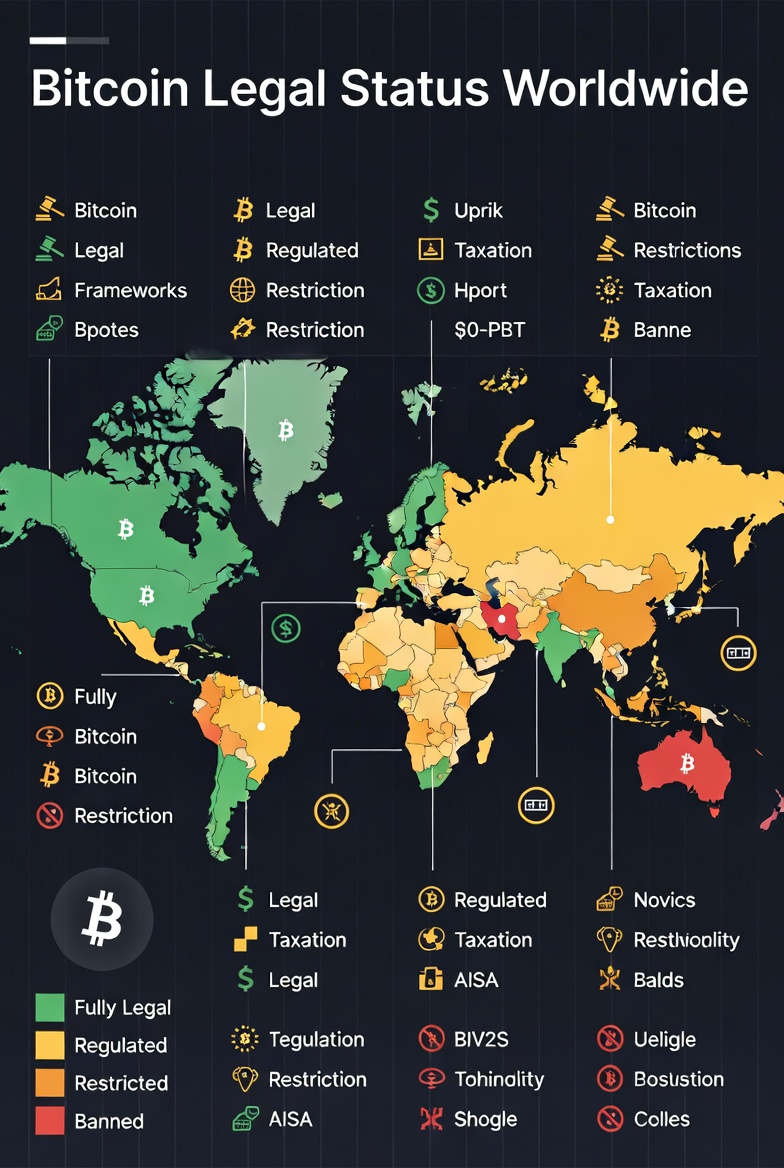In a landmark decision for cryptocurrency adoption, JPMorgan Chase & Co. has announced it will begin accepting Bitcoin and Ethereum as collateral for institutional clients. The move represents one of the most significant integrations of digital assets into traditional banking services to date.
Breaking Down the Barrier Between Traditional and Digital Finance
The new policy allows JPMorgan’s institutional clients to pledge their Bitcoin and Ethereum holdings as collateral for various banking services and transactions. This development effectively bridges the gap between traditional finance and the digital asset ecosystem, providing sophisticated investors with increased flexibility in portfolio management and capital utilization.
Strategic Implications for Institutional Adoption
JPMorgan’s decision signals a major shift in how leading financial institutions view digital assets. By accepting cryptocurrencies as collateral, the bank acknowledges their value as legitimate financial instruments rather than purely speculative assets. This move could potentially:
-
Increase liquidity options for institutional crypto holders
-
Set a precedent for other major banks to follow
-
Enhance price stability through reduced selling pressure
-
Provide institutional validation of cryptocurrency as store of value
Risk Management and Implementation
While specific details regarding loan-to-value ratios, haircuts, and risk management protocols remain undisclosed, industry analysts expect JPMorgan will implement conservative collateral requirements initially. The bank will likely leverage its extensive risk management framework and blockchain infrastructure to monitor collateral values in real-time and manage associated volatility risks.
Market Impact and Future Outlook
This announcement comes amid growing institutional interest in cryptocurrency services. As one of the world’s largest and most influential financial institutions, JPMorgan’s endorsement through actionable banking services could accelerate similar offerings across the banking sector.
The decision reflects the evolving regulatory landscape and increasing comfort among traditional financial institutions with digital assets. It also demonstrates how major banks are adapting to client demand for cryptocurrency integration within traditional financial services.


